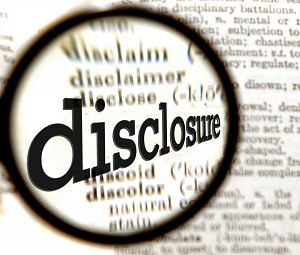 Last month, the Ninth Circuit Court of Appeals issued an important ruling for whistleblower lawsuits, reversing 23-years of bad law pertaining to what a relator must prove to overcome the Public Disclosure Bar.
Last month, the Ninth Circuit Court of Appeals issued an important ruling for whistleblower lawsuits, reversing 23-years of bad law pertaining to what a relator must prove to overcome the Public Disclosure Bar.
The Public Disclosure Bar seeks to prevent lawsuits by “opportunistic plaintiffs who have no significant information to contribute of their own.” Graham County Soil & Water Conservation Dist. v. U.S. ex rel. Wilson, 559 U.S. 280, 294 (2010). Generally speaking, there are two requirements to qualify as an “original source” and overcome the bar when the alleged fraud has already been aired publicly:
- the relator must have direct and independent knowledge of the information on which the allegations are based; and
- the relator must have voluntarily provided that information to the government before filing the lawsuit.
31 U.S.C. § 3730(e)(4)(B). In the 1992 case captioned Wang v. FMC Corp., the Ninth Circuit added a third requirement that the relator have “had a hand in the public disclosure.”
The Court inferred that the third requirement was necessary from the False Claims Act’s legislative history, which suggested that the “information” referenced in the phrase “original source of the information,” 31 U.S.C. § 3730(e)(4)(A), meant the information underlying the publicly disclosed allegations that triggered the public disclosure bar, rather than the information which underlay the plaintiff’s complaint.
The third prong proved to be a high barrier for relators. Fortunately, the recent decision captioned U.S. ex rel. Hartpence v. Kinetic Concepts removed the obstacle with the Ninth Circuit acknowledging that the law “has two, and only two, requirements.” The Ninth Circuit also found support for its reversal in the Supreme Court’s Rockwell International Corp. v. United States, which the Court found to be in “serious tension with the hand-in-the-public disclosure requirement this court adopted in Wang.”
The Ninth Circuit therefore concluded that “Wang impermissibly drew on language from 31 U.S.C. § 3730(e)(4)(A) to read a nonexistent, extratextual third requirement into § 3730(e)(4)(B). We overrule it as wrongly decided.”
This ruling should ease the path for whistleblower lawsuits brought in the Ninth Circuit. You can read both rulings by clicking on the links below:


